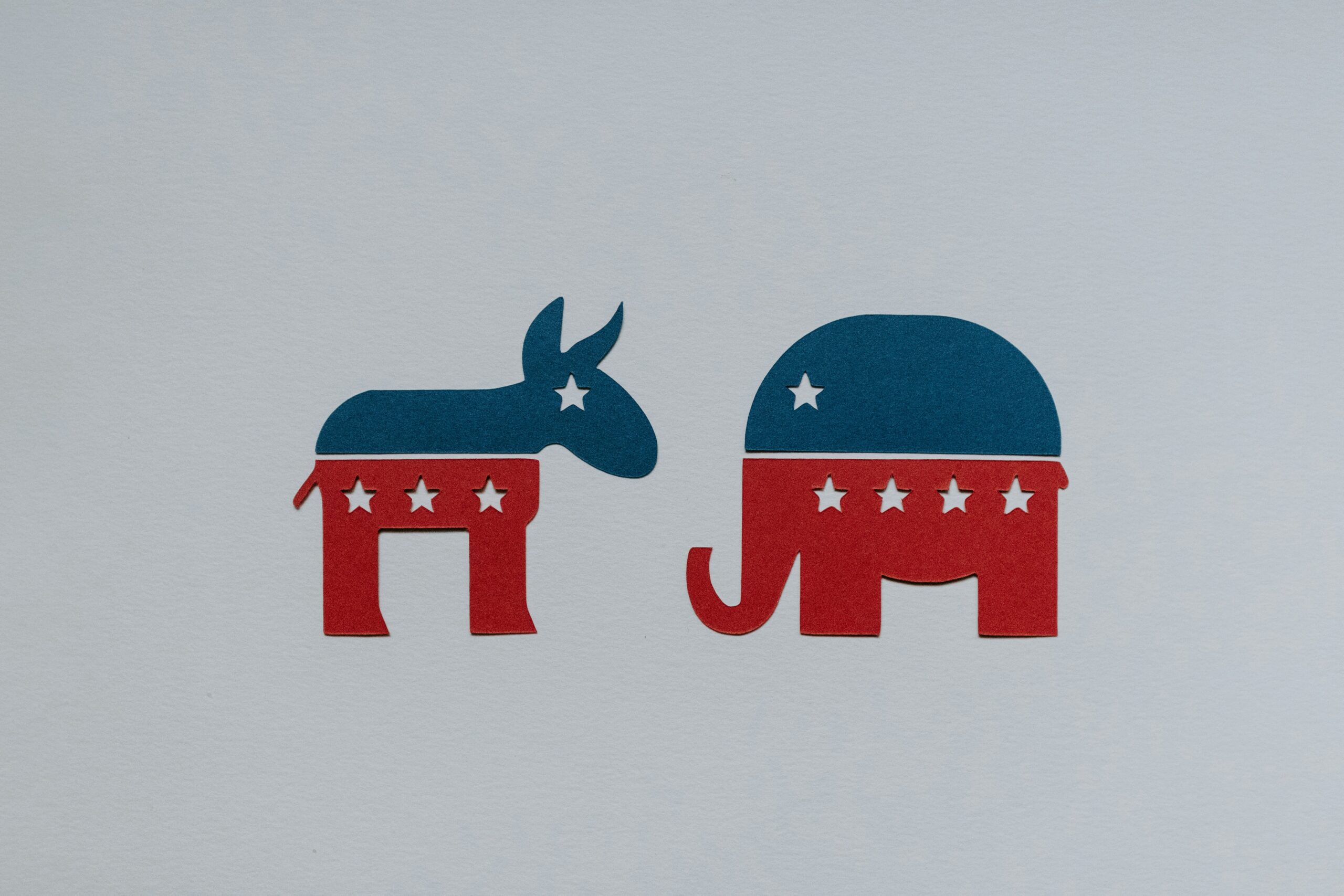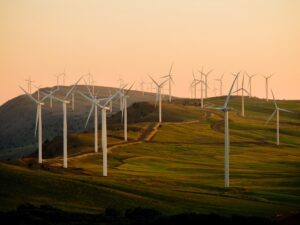Right-wing policies have corrosive social and destructive environmental impacts and yet they continue to hit a nerve with large sections of society
The UK Conservative Party is the most successful political party in the world. A 2023 Gallup poll showed 44% of Americans identify as being economically conservative. Meanwhile, mainland Europe has seen a resurgence in far-right populism.
What makes the success of right-wing politics a tad confusing is that when right-wing parties get into power, it tends to lead to a series of undesired social outcomes. Tax cuts see inequality rise as wealth becomes concentrated in the hands of a rich elite, while cuts to essential services see decreasing living standards for the working and middle classes.
There is also a tendency for environmental concerns to be dismissed in favour of prioritising economic considerations.
Right-wing politics, and the beliefs that spearhead it, are dangers to the social fabric and the environment we depend on to maintain thriving societies. So what is it about right-wing politics that makes it so successful?
To understand why right-wing politics hits a nerve with large sections of society, we need to understand the ideology that feeds it.
Right-wing ideology
That ideology centres around neoliberalism, an economic ideology introduced in the UK by Margaret Thatcher in 1979, quickly followed by Ronald Reagan in the US in 1980.
Neoliberalism is a set of economic ideas centring around a basic assumption; markets work, governments don’t. This belief distils into a string of conclusions — free markets embody human freedom. Free markets provide unbounded possibilities for individual excellence (meaning individuals get what they deserve). If the government intervenes in the market, it spoils the poor and punishes the productive.
Everyone’s a winner if the government plays a less active role in the market. What this means is deregulation of markets is good; more regulation is bad. Privatisation is good; nationalisation is bad. Individual freedom is good; supporting the poor, or those who are unable to attain a certain standard of living through a welfare state, is bad.
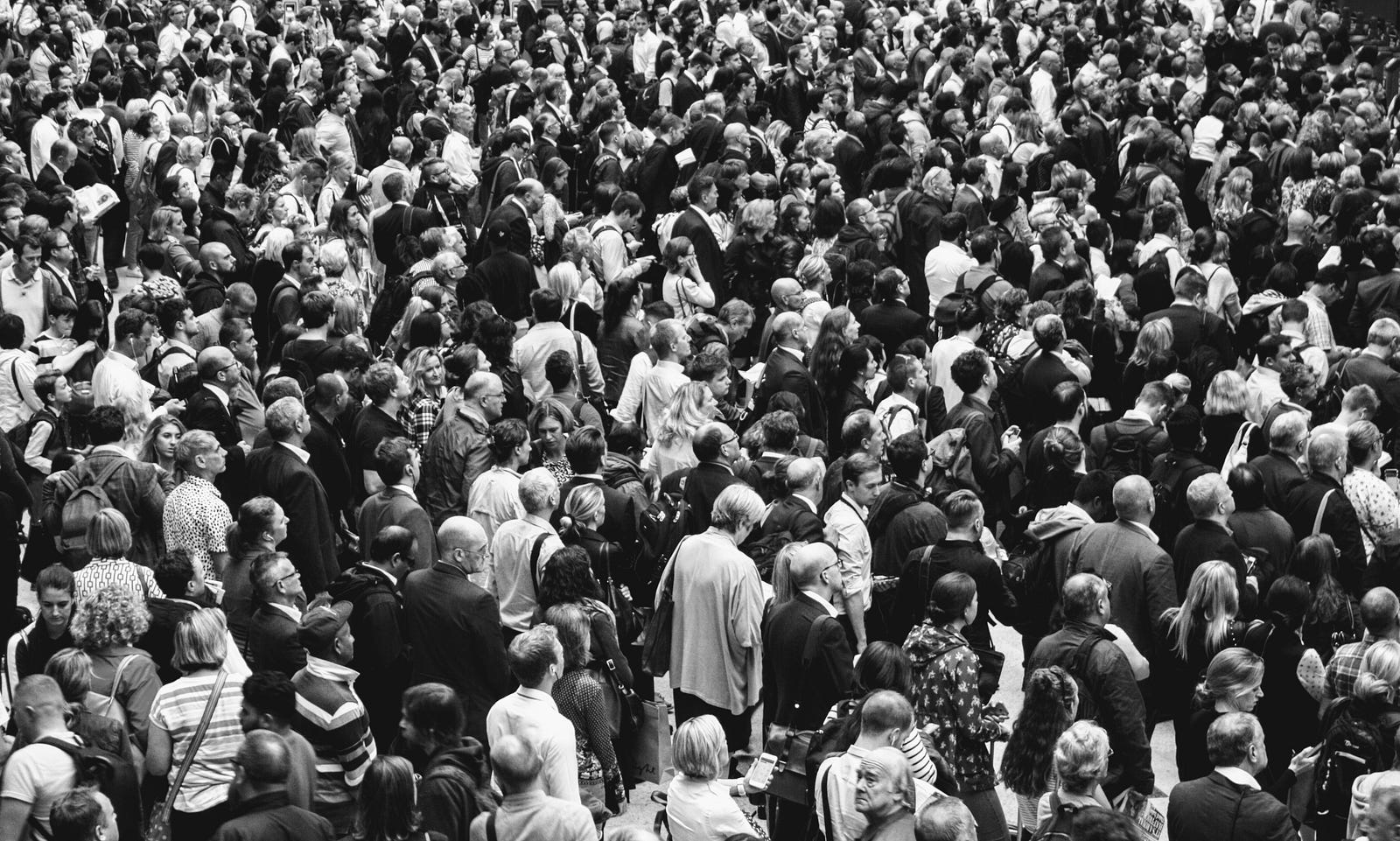
Fundamentally, it is all about making the individual the master of their destiny. Essentially, you get back, what you put in. If you fail in life or fall into poverty, it’s your fault; it certainly shouldn’t be the government’s responsibility to pick up the pieces.
This, in a nutshell, is what right-wing economic beliefs revolve around and when right-wing parties get into power they tend to prioritise policies that feature all, or some, of the above.
The (supposed) outcome
The supposed outcome is that businesses, unleashed from the shackles placed on them by incompetent, meddling, government bureaucrats, have the freedom to focus on the business of doing business. Creating an environment that allows businesses to thrive and ultimately generate greater profits. Greater profits translate into higher bonuses for executives.
Now the profits of corporations shouldn’t be taxed so that the benefits are shared through society; oh no. Profits and the million-pound salaries earned at the executive level should be taxed less.
Naturally, if you give rich individuals the freedom to choose how they spend their hard-earned cash, rather than taxing them and allowing the incompetent government to waste it, they will reinvest back into the market. Doing so will stimulate economic growth. Economic growth means more wealth; more wealth translates into higher incomes for all. In short, taxing the rich leaves everyone else better off.
They call it the trickle-down effect.
Increasing inequality
The thing about the trickle-down effect is that taxing the rich less benefits the rich while leaving everyone else worse off.

The image is symbolic of why this is the case. Capitalists (represented by the man in front of his bundle of pills) own the means of production, so you can replace those pills with any commodity and you always end with the same problem.
When resources, products and services are owned by capitalists, and when free markets allow them to act with impunity when it comes to how much they earn versus how much they pay their employees, the rest of society loses out because they control how wealth gets distributed.
And so the trickle-down effect is a trickle-up effect because taxing the rich less just allows the richest to take a disproportionate amount of wealth generated through the production of goods and services.
That’s why, since the 1980s, inequality in the UK, US and Europe has increased dramatically as the effects of neoliberal policies began to bite.
Market failures
Possibly the greatest danger of all (and the greatest injustice) is that markets tend to work until they don’t.
What I mean by that is, in theory, markets can’t fail. In practice, they fail, time and time again, because markets are affected by a host of social and geopolitical issues. Russia’s invasion of Ukraine on 24 February 2022 is a case in point.
Russia is the second-largest producer of natural gas in the world and the third-largest producer of oil.
When Russia invaded Ukraine it led to fears of scarcity, causing turmoil in international gas markets. In the UK, wholesale gas prices increased by 40%. Global oil prices increased by 11%. In May 2022, the average wholesale price of diesel in Europe was over 124% higher than in 2018/2019. The invasion also led to record-high global food prices.
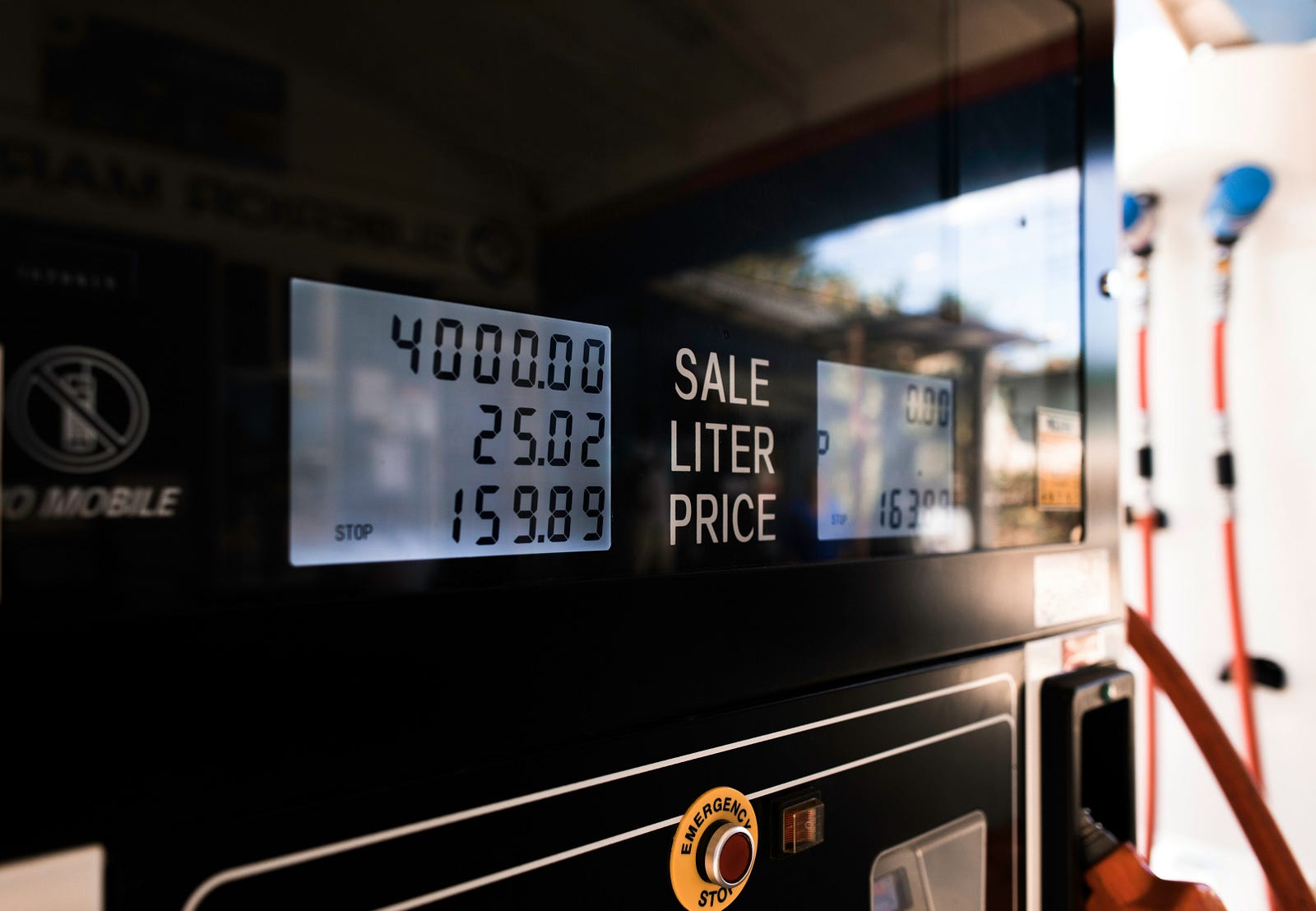
Price increases are great for the businesses in that market who make higher margins on the product or service. Take the UK energy supplier, British Gas, whose profits leapt from £72 million in 2022 to £751 million in 2023.
But here in lies the issue when you privatise essential services like energy. The fact energy is an essential service means it is out of the question that the market should fail because the risk of failure is that people in society suffer.
And that’s exactly what happened in the UK when gas prices increased. Fuel poverty increased by 67% between 2020 and 2023. It is a sign of social failure that people aren’t turning on the heating because they can’t afford to pay their bills.
To make matters worse, high inflation has seen people’s disposable income squeezed, decreasing living standards, but the solution is to squeeze households even more by increasing interest rates. The idea is that if people have less money to spend it will decrease demand, which will eventually see inflation reduce (which does tend to happen).
This is why inflationary pressures caused by market failures are so unjust. The solution always centres on squeezing households by increasing interest rates. Essentially punishing people for a problem they had no part in creating.
Essentially, when things go bad it’s a society that picks up the pieces, meanwhile, businesses (and the individuals who own them) flourish whatever the circumstance.
It would be unthinkable to tax surplus profits caused by the market failure at 100% which could then be used to support people in society struggling with the price increases. Or maybe to place price controls on the market, through government regulation, which would be pure heresy.
The fact is, neoliberalism doesn’t serve the interest of society as a whole, it serves the interests of a rich elite who own the means of production. The challenge is that neoliberal thinking has captured the zeitgeist to such an extreme degree that it’s become sacrilegious to question the merits (or mention the dangers) of deregulating markets.
The power of populism
The questionable part of all of this is while right-wing politics is set up to serve the interests of a rich elite, these parties depend on the votes of working-class people on low incomes to get into or remain in power.
Now, the ‘working class’ conservative may appear to be an oxymoron, this type of voter is hardly going to be convinced by arguments to vote for conservatives so that they remain poor while the rich get richer.
So how do right-wing parties sell these ideas to the public?
Well, they don’t.
The majority of right-wing voters don’t know the consequences of what they’re voting for. This is not to belittle right-wing voters.
While right-wing parties are cheerleaders for neoliberalism, they never pin electoral campaigns on such promises. You will never hear the word ‘neoliberal’ uttered by a right-wing politician, for example.
What they tend to focus on and where they have proven so successful is when it comes to conservative attitudes to social issues and how to solve them.
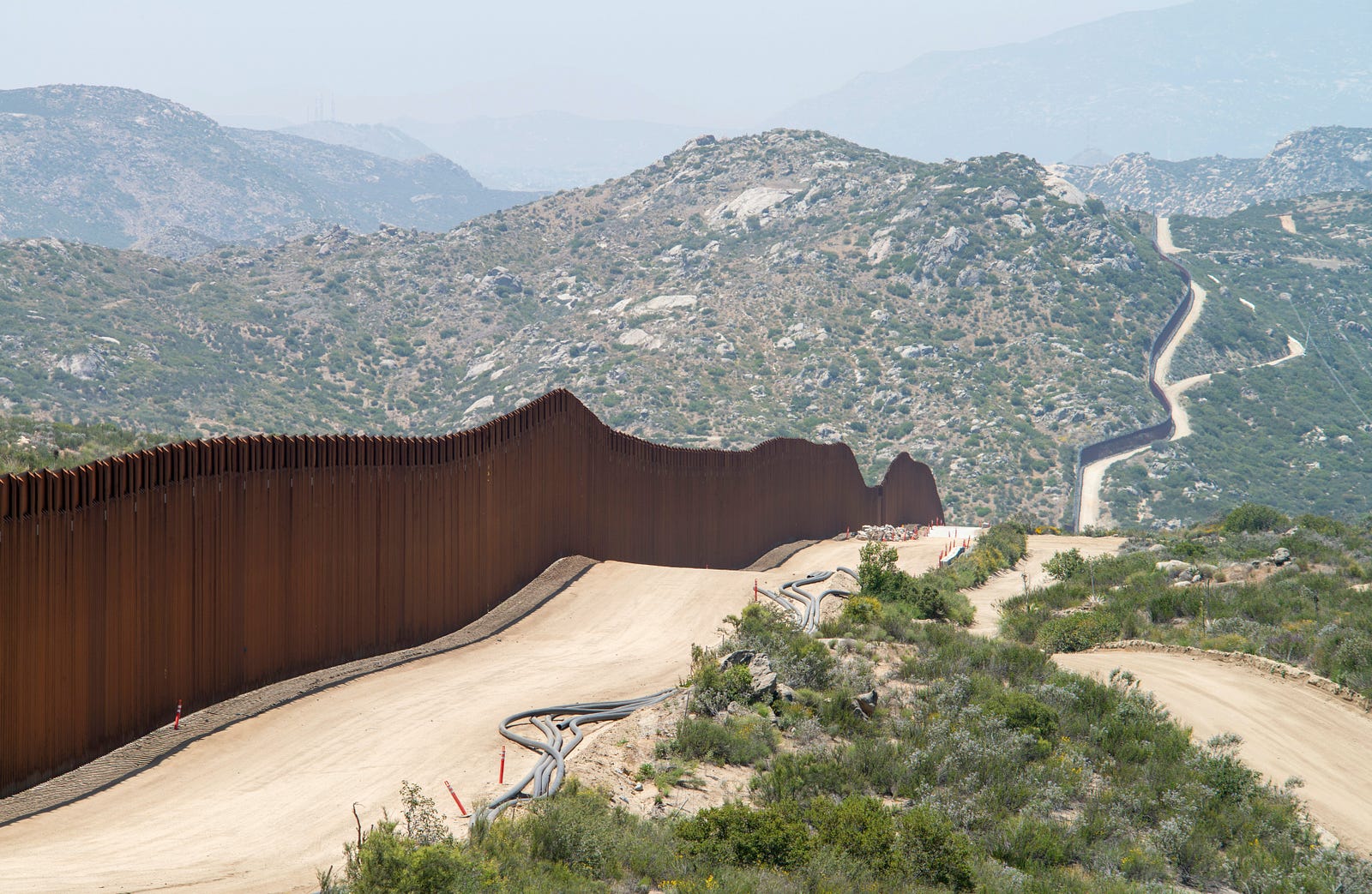
What right-wing parties have done magnificently well is to blame social problems on ‘the other’.
Your struggle to make ends meet has nothing to do with their policies, but everything to do with immigrants, with the unemployed, with lazy benefit-seeking scroungers.
Blaming ‘the other’ is an easily palatable argument that convinces many that their problems will seemingly blow away in the wind if the borders are closed, or if welfare is reduced, or if the government gets tough on crime.
The tragedy is that the right-wing working-class conservative has been hoodwinked. They are struggling due to the policies we’ve already mentioned. But so long as lots of people buy into the idea that their problems will be solved if ‘the other’ is stopped, they’ll continue to flout these misconceptions.
Environmental consequences
The picture looks just as bleak for the environment. Right-wing political parties are associated with prioritising the economy and focusing on creating policies that stimulate economic value, regardless of the environmental repercussions.
In fact, right-wing parties have weaponised the climate crisis and frame doing anything about it as a threat to the economy, and therefore a threat to living standards. There is a belief that pro-environmental policies are somehow bad for business, which is, in turn, bad for society.
This argument is a myth — doing nothing about the climate crisis will lead to massive costs, while a rapid transition to a low-carbon economy could see a $43 trillion gain for the global economy.
The right-wing, consumed by market considerations simply views the environment as some static entity which merely serves a purpose as inputs of energy and resources into the market. The idea we may need to change to ensure the environment remains the same is unthinkable because that risks questioning the beliefs helping to maintain the status quo.
The ultimate dangers
The neoliberal experiment has led to despair and misery for society and the disintegration of the environment, but neoliberalism was never designed to deliver better social (and environmental) outcomes. The point has always been to benefit those who, seemingly, matter most — the rich elite.

It’s an ideology that encourages, nay, depends, on a ‘me-versus-everyone-else’ mentality.
We have lost our way. Ultimately the purpose of an economy is to produce goods and services that provide for human needs. But it’s also to create a society where prosperity is shared, where each person has equal opportunity and a platform to live a life of decency. That society is possible, but only if wealth is distributed evenly.
The ultimate danger is that as social and environmental pressures mount due to neoliberalism and an unwillingness to question the beliefs feeding it, right-wing parties will double down and claim the solutions to social and environmental problems are more of the same.
Having captured the zeitgeist it is going to take a profound, potentially cataclysmic market failure for the merits of neoliberalism to be questioned. Until then, it doesn’t seem like this toxic ideology and the parties that support it are going away anytime soon. We’re all set to lose as a result.

